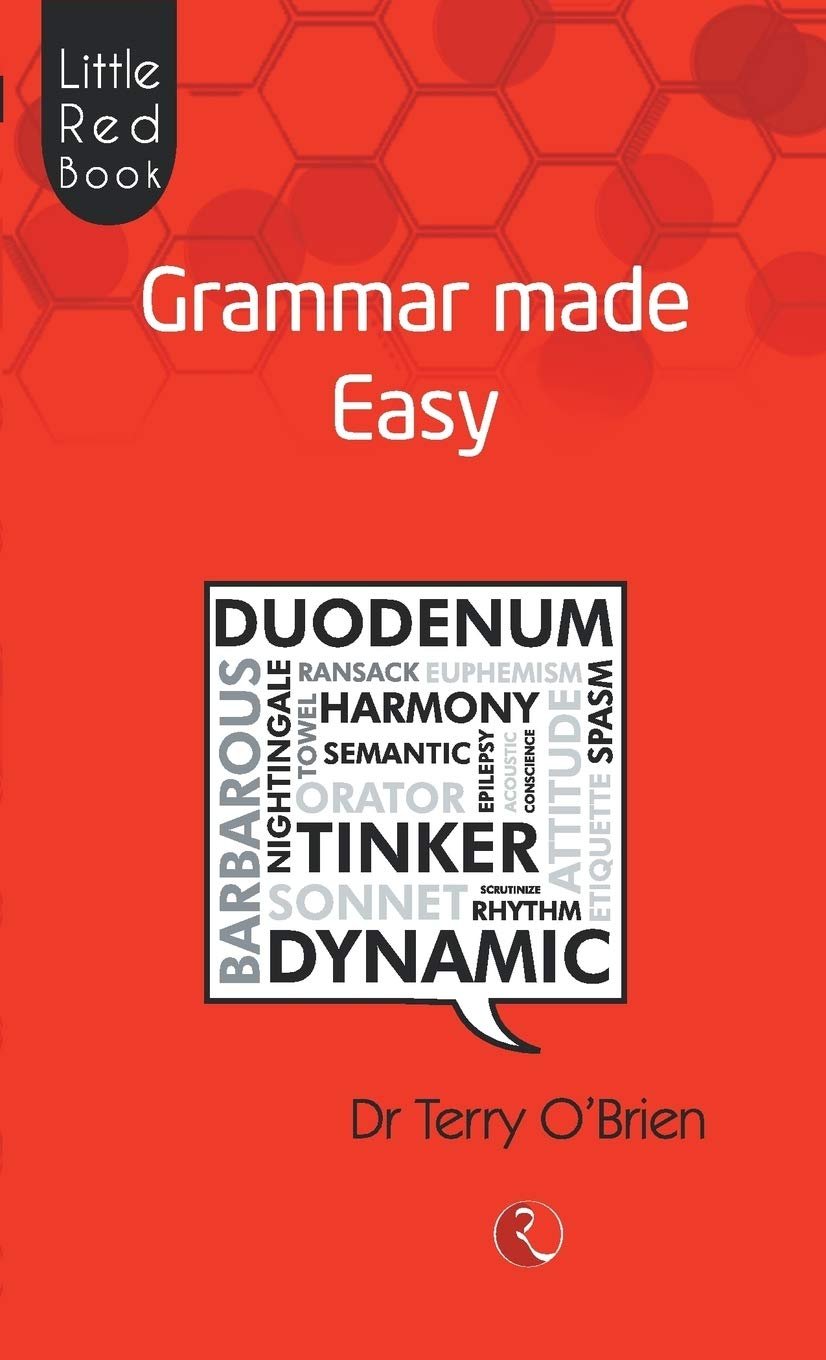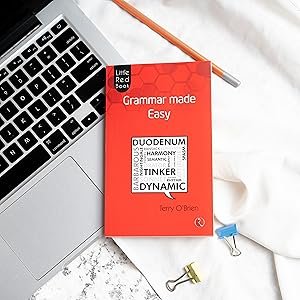Book Details
| Author | Terry O’Brien |
| Publication | Rupa Publications India |
| Language | English |
| Category | Non-Fiction |
| Pages | 176 |
| Dimension | 17.8 x 11.4 x 1.03 cm |
| Weight | 150 gm |
| ISBN | 978-81-291-1805-9 |
| About Book | In Conversation with Terry O' BrienPREFACE This book is an introduction to Standard English. The book gives the suiting of language to purpose. It spells out the rules of grammar. And it gives and lays down what is acceptable usage. This is for daily users of English with new models and examples. The aim is to increase the reader’s skills in handling language. - Standard English is the variety of English taught in the educational systems of the English-speaking world. It is also taught to students in those parts of the world where English is the second language. Spoken and written English with differences of vocabulary, accent and idiom peculiar to different parts of the world enables the understanding of the widest audience. Standard English is the written English of the business letter, report writing, novels, newspapers, and the spoken English of the job interview and the television documentary. It is language used when language needs a certain degree of formality. - English in the world Sometimes a language is so far removed from standard English in the words and expressions used, that it confuses many. It is in developing countries that the spoken form is achieving an identity of its own. Indian English, has acquired words from other native languages (lakh=‘ a‘ sum of money, goonda= a hooligan. New phrases (gunnysack=sack), mixes Indian and English expressions (newspaper wallah a man who sells newspapers and has inventive lines in insults and politenesses. This form of English is achieving respectability that makes British English seem somewhat old-fashioned and out of touch. This is the "living” language. - Modern trends mirror the enormous social and political changes which have taken place over the century. This is ‘informality’ par excellence. Politicians, journalists and broadcasters now use a language which is more informal and accessible than used. Earlier ‘good’ English was rather high-flown and was artificial in style and spoken with an exaggerated ‘Public School’ accent. Today we talk in a kind of verbal shorthand, making use of colloquial expressions. “Yes we can” gave America its first Afro-American President. - Colloquial language (conversational) or slang is caused by the fluidity of language-boss, mob, or rock(music) with the passage of times gain respectability. We use great/wonderful; cool/fashionable; chill out/ calm down; blow up/lose one ’s temper and more. The margin between colloquial language and slang is rather thin. If a word is extreme or colorful we call it slang. Slang words are often short lived. They pass in and out fashion and trend. Money was dough, bread and bucks. - Accent stems from the region and social class of our birth. RP or Received Pronunciation has lost its monopoly. There is only one thing in the world that is permanent: change. So is it with the speed with which language seems to change. The correct use of language has no definite parameter. Usage is forever on the fast track of change. Then what about the strict Grammarian’s dictum? A person may kick a ball randomly and impress his folks with his playing skills. But most certainly he cannot play the game of football unless ‘he knows the grammar of the game. So be it with language! But while knowing the rules, one may get lost in the labyrinth of definitions. Beware. Enjoy the skills of language application and don’t fall a victim to definitions. Look beyond. Then shall you develop ‘response-ability’. This book is an extremely simplified look at the nuances of English language. |


